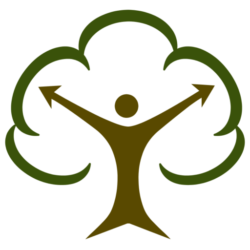Shapes and Spatial Understanding
- Recognizing 2D shapes and developing spatial awareness.
- Understanding relationships such as near, far, top, bottom, above, below, on, inside, under, and outside.
Numbers
- Developing a foundational understanding of numbers.
- Counting, adding, and subtracting numbers from 1 to 9.
- Observing and grouping objects using 1-to-1 correspondence.
- Identifying and writing number names and numerals from 1 to 9.
- Comparing and ordering numbers using counting strategies.
- Introducing symbols for addition (+) and subtraction (-).
Numbers from 10 to 20
- Recognizing and forming number sequences from 10 to 20.
- Counting and grouping objects into tens and ones.
- Representing groups of tens and ones through drawings.
- Writing numerals and comparing numbers up to 20.
Addition and Subtraction (Up to 20)
- Performing addition and subtraction of numbers up to 20 using objects, pictures, and symbols.
Numbers from 21 to 99
- Writing numerals from 21 to 99.
- Grouping numbers into tens and ones and representing them visually.
- Understanding numbers verbally in terms of place value.
Mental Arithmetic
- Mentally adding two single-digit numbers.
Money
- Identifying common currency notes and coins.
- Learning to count and combine small amounts of money.
Measurement
- Estimating and comparing length, weight, and time.
- Length: Identifying objects as longer, shorter, taller, high, low.
- Weight: Comparing objects as heavy or light.
- Time: Understanding events in sequence using earlier and later.
Data Handling
- Collecting, organizing, and interpreting simple data.
- Measuring objects using non-standard tools, such as evaluating the length of a book with a paper strip.
Patterns
- Recognizing and extending patterns found in everyday surroundings.
- Creating simple sequences using shapes and numbers.
This syllabus ensures that learning is engaging and meaningful by connecting concepts to real-life experiences, making maths an enjoyable subject for young learners.
